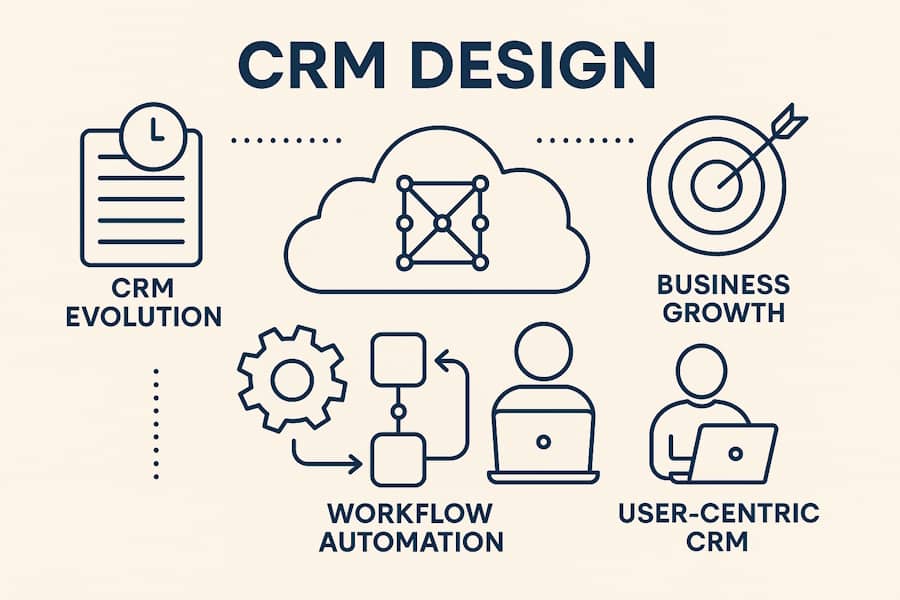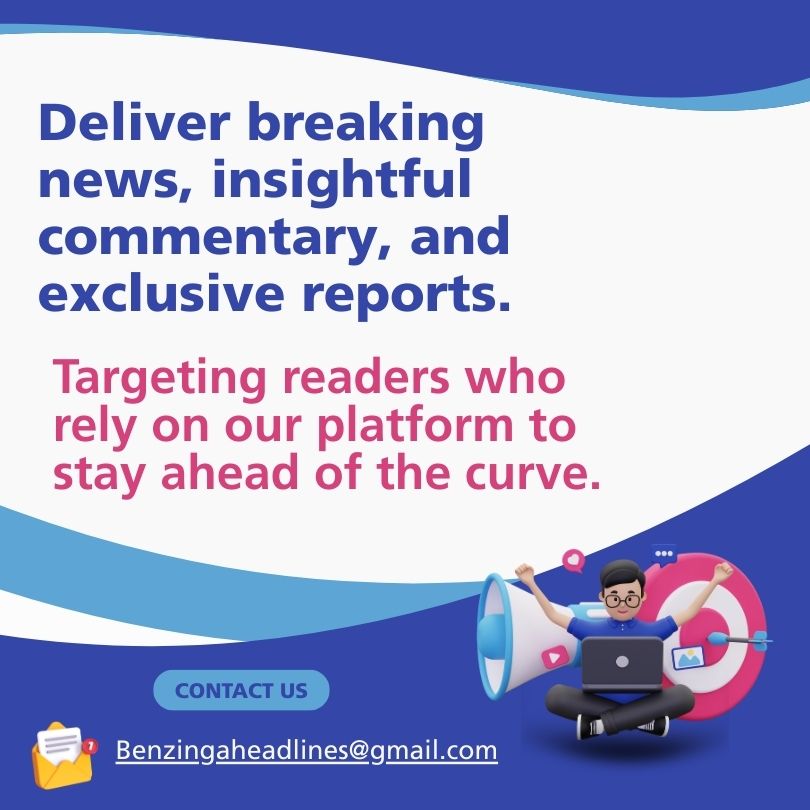Customer Relationship management is now an essential part of any companies regardless of their sizes but its creation was a very simple one, using notepads, where sales departments could store the basic data of their clients. This strategy was the precursor to what would become advanced digital platforms created with considerate CRM design even in its early incarnation.
From Paper Records to Digital Intelligence
In the 1980s the world experienced a significant change with the emergence of the personal computers where early customer relationship management software became available and this allowed businesses to manage customers automatically in manners that they had never thought possible before. This evolution was a start of more intelligent workflows and processes and reliable processes that are supported by the increased significance of quality CRM design.
The Internet Revolution and a New CRM Era
Towards the middle of the 1990s, with the inclusion of the internet in the daily business, CRM systems evolved more advanced, more available and much more powerful. Digital customer tracking has helped companies to achieve better performance, and thus the developers have to perfect the CRM design to create a smoother navigation program and future development in its capabilities.
Cloud-Based CRM: A Breakthrough in Security and Accessibility
In 2007, by migrating CRM systems to the cloud, business organizations were in a position to work more efficiently, collaborate, and guarantee safety of their data on the cloud than ever before. This revolution brought major minimization of risks and operating costs and it drove the developers to re-consider the CRM design in terms of stability, flexibility and more secured data.
Why CRM Has Become the Core of Business Success
The current CRM systems assist the companies trace the leads, keep the client path, automatize actions and analyze performance with astonishing accuracy. This is only possible due to the fact that the modern CRM design has shifted its approach to reliability, user experience as well as data-driven decision-making applicable in the creation of sustainable business growth.
The Real Benefits Every Business Gains from CRM
When companies incorporate CRM platforms in their day to day operation, they are more likely to have higher customer retention, are more productive and have more efficient work flow. These are direct results of a designed CRM oriented towards technology that business needs to generate effectiveness in the form of measurable outcomes.
More Leads, More Opportunities, More Growth
Properly designed CRM assists the sales teams to find new leads, nurture, and offer effective communication with new clients. These systems provide competitive advantage since their CRM architecture focuses on the clarity, quickness and precision in handling customers information.
Streamlined Workflows and More Time for Client Relationships
CRMs improve workflow automation to help teams spend less time on routine tasks and centralize information, which makes work on the customers to take more time. This human interaction greater emphasis is a direct asset of effective CRM design created on the reduction of administrative loads.
Faster Response Times and Higher Conversion Rates
Customers also demand rapid response and under CRM systems, no inquiry goes unanswered. It can only be responsive in the event that CRM design formats information in a manner that facilitates immediate access to information about customers past and upcoming tasks.
Higher Revenue per Sales Manager
When at their fingertips, sales teams gain better results and find actionable insights and data. The results of these show that effective CRM design enables managers to work smarter rather than harder, as well as increase productivity.
A Stronger Brand Image through Automation
The role of automation is vital in the development of trust and uniformity in all customer touchpoints. Organizations which apply intelligent workflows have easier operations due to intelligent CRM design that creates a brand trustworthiness.
Improved Collaboration across Departments
CRM platforms unite data and tools between marketing and the sales teams to the service teams. The partnership is able to flourish when the CRM design focuses on intuitive communication forms which facilitate a team to work as a single force.
Faster Operations and Easier Information Access
CRM systems save the companies several hours on data which is properly put into a searchable log. This efficiency is very much pegged on the design of internal CRM that produces minimal friction and more usability.
More Motivated and Productive Employees
Motivation and performance improve greatly when the employees possess tools that make their work easier. Such a favorable environment is due to the facilitative CRM design that gets rid of confusion and empowers teams.
Better Sales, Better Marketing, Better Service
An expertly developed CRM also provides companies with useful knowledge about the customer preferences, purchase habits, and service requirements. These benefits are opened up by strategic CRM design which transforms raw data into actionable intelligence.
Why Strong CRM Design Principles Matter
Good CRM systems are based on the concepts of clarity, accessibility and alignment to business goals. Such principles would make sure the CRM design remains relevant, scalable, and easy to use with the development of the companies.
Aligning CRM with Business Goals
Any CRM needs to assist the companies with their own distinct objectives- be it expanding the company leads, retaining better or generating more profit. This alignment would need customer-centric CRM design that is in line with realistic business requirements.
User-Centric CRM for Training-Free Adoption
The most powerful CRM systems are user-friendly and navigationally straightforward which minimizes the time spent by new employees on training. This smooth experience can only be facilitated by user-oriented design of CRM that emphasizes on the natural patterns of interaction.
Using Visualization to Improve Decision-Making
The skill of being able to comprehend complex data faster is vital, and CRM systems have delivered the expectation by way of natural-to-use charts and dashboards. The involvement of visual improvements is completely based on the intelligent design of CRM that demonstrates the point of insight effectively.
Feedback-Driven CRM Improvement
Feedbacks on the user level can assist CRM developers to update features, remove pain points and overall improve the platform. Constant improvement is one of the hallmarks of flexible CRM structure, which keeps pace with the contemporary business needs.
Avoiding Common CRM Design Mistakes
Most companies overflow CRM systems with unneeded functionalities or they do not organize data effectively. These problems are caused by CRM being developed without clarity, strategy, and taking into account the actual business processes.
Key Steps in Building a Successful CRM System
CRM development differs in its development strategy that is governed by a strategic roadmap that affects outcomes since the initial stages of defining goals to the stage of designing the interface. Every process particularly user interviews and prototyping is based on systematic CRM design to develop a system that satisfies all the requirements.
Real-World CRM Design Success Stories
As with roofing businesses or medical professionals, an electricity engineer or a law firm, the custom CRM solution has been revolutionary. These case studies show how unique CRM design can be used to resolve specific business issues.
A Trusted Partner for High-Quality Custom CRM Design
An expert development team can guarantee you a stable, scalable and futureproofed CRM that fits your business. iWeb-Soft has been at the forefront of this sector long because of innovation-oriented CRM development that provides business the long term payoffs.









